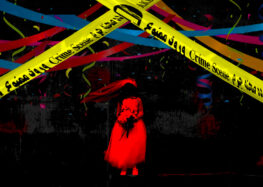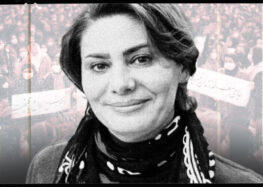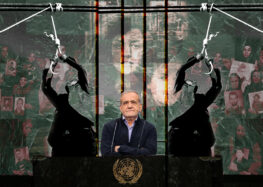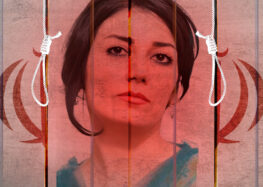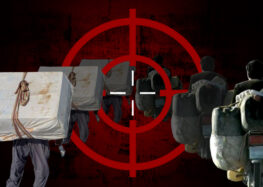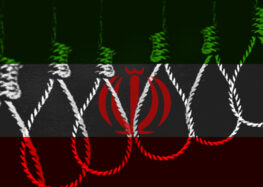Iran’s New President Inaugurated as Human Rights Crisis Deepens
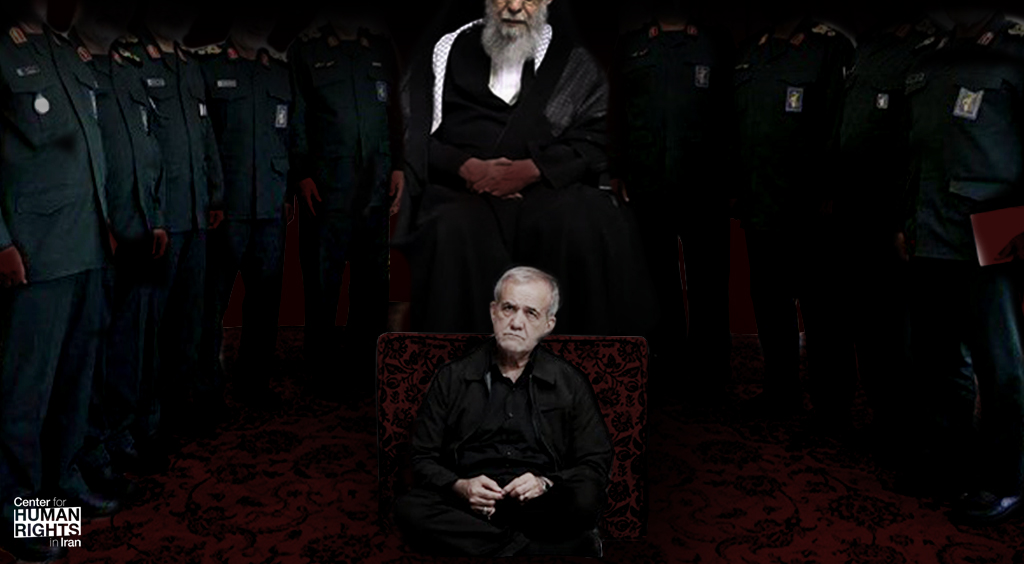 Unelected and Repressive Centers of Power in Iran Remain Untouched by Election
Unelected and Repressive Centers of Power in Iran Remain Untouched by Election
World Must Remain Focused on Atrocities Committed by Islamic Republic
July 27, 2024—The inauguration of the Islamic Republic’s new president, Masoud Pezeshkian, on July 28 should not divert international attention from the increasingly deadly human rights crisis in Iran, and the fact that Pezeshkian’s election does nothing to address a system in which all real power rests with an unelected Supreme Leader, Ayatollah Ali Khamenei, and his repressive security apparatus, the Islamic Revolutionary Guard Corps (IRGC).
“The atrocities being committed by the Islamic Republic against its own people, which have now risen to the level of crimes against humanity, must stay front and center for the international community,” said Hadi Ghaemi, executive director of the Center for Human Rights in Iran (CHRI).
“The U.S. and European countries should not allow human rights concerns to take a back seat to other areas of dispute with the Islamic Republic, even if a new administration in Tehran is allowed by the country’s supreme leader to selectively pursue designated tracks with the West,” Ghaemi said.
“The Islamic Republic’s regional policies, its nuclear activities, and its human rights record, are all equally critical areas of concern to the international community—none should take precedence over the other; all should be pursued with equal vigor,” Ghaemi stressed.
“If the Islamic Republic knows it will not be held accountable for the crimes and atrocities it has committed against its own people, it is unlikely to believe it will be held accountable for transgressions in any area,” he added.
The human rights crisis in Iran has been a reality since the inception of the Islamic Republic, but it has turned increasingly lethal over the last several years as dissent in the country and dissatisfaction with the state’s repressive policies have grown.
- Executions, long carried out without any semblance of due process, have skyrocketed in numbers and are now increasingly used against protesters and activists to punish dissent.
- The repression of women has escalated, with the violent enforcement of forced hijab laws only the latest battleground between the authorities and the country’s women.
- Activists, dissidents, labor leaders, lawyers, and many others are imprisoned for years under manufactured national security charges for peacefully expressing dissent or trying to defend basic human rights.
- The state’s use of lethal force against protesters has become routine. Not one official has been held accountable for the state’s violence against civilians during the protests that swept the country in 2022-2023, in which security forces shot dead hundreds in the streets, arrested tens of thousands, and tortured women and children in state custody.
CHRI urges the international community to establish clear human rights benchmarks in areas that would be linked to international initiatives in any other areas of foreign policy towards the Islamic Republic. These benchmarks should include:
- An immediate moratorium on all executions in Iran and the squashing of death sentences for all cases involving the peaceful expression of dissent and where there have been any questions regarding due process or forced confessions;
- The cessation of forced hijab policies, including violent arrests, fines, and other economic and judicial measures against women for noncompliance;
- The release of political prisoners and prisoners of conscience who are behind bars for the peaceful expression of their views or beliefs.
In addition, CHRI calls on governments worldwide to:
- Pursue the prosecution of Iranian officials responsible for human rights atrocities in national courts under the principle of universal jurisdiction. Sweden set a precedent for this with its 2022 prosecution of Hamid Nouri for crimes against humanity for his role in the mass executions of political prisoners in Iran in 1988. Yet Sweden’s willingness to strike a deal with the Islamic Republic to trade Nouri for two Swedes held illegally in Iran sabotaged this effort at accountability.
- Refuse any side deals with Tehran for the release of foreign and dual nationals seized by the Islamic Republic—a well-honed practice it has perfected in order to extract financial and judicial concessions from other countries—and instead work with partners to strengthen coordinated, multilateral responses, along the lines of Canada’s initiative against arbitrary detention in state-to-state relations.
- Continue to identify and sanction human rights violators, especially Iran’s intelligence and judicial officials, and coordinate their rigorous enforcement with partners worldwide. Governments should warn multinational companies that they must institute stringent compliance due diligence that includes supply chains, third-party distributors, and resellers to prevent the sale of items that enhance the Islamic Republic’s repressive capacity.
- Be alert to the potential for renewed anti-government protests in Iran, and forcefully respond to any state violence against civil society. This potential is significant; Iranian civil society, especially its women and youth, continues to register ever greater dissent from the policies of the government, as evidenced on the streets of cities across Iran, where Iran’s young women continue to publicly throw off the mandatory hijab.
This report was made possible from donations by readers like you. Help us continue our mission by making a tax-deductible donation.

